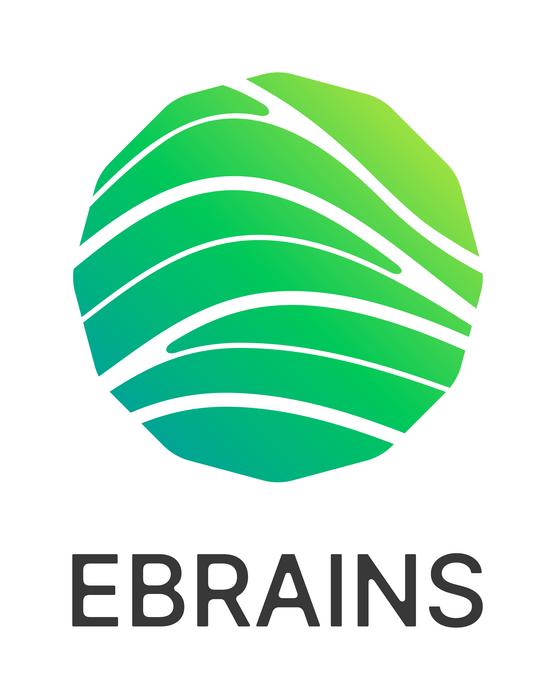The European Commission has accepted the EBRAINS 2.0 proposal submitted in response to the INFRASERV call, granting €38 million for the further development of services of the EBRAINS research infrastructure.

Credit: www.ebrains.eu
The European Commission has accepted the EBRAINS 2.0 proposal submitted in response to the INFRASERV call, granting €38 million for the further development of services of the EBRAINS research infrastructure.
The European Commission has signed a grant agreement to fund EBRAINS with €38 million until 2026. Over the next three years, the infrastructure will continue to develop tools and services to widely serve research communities in neurosciences, brain medicine, and brain-inspired technologies.
EBRAINS (European Brain Research Infrastructures) is an EU co-funded collaborative research platform designed to advance neuroscience and brain health. Developed as a legacy of the Human Brain Project, EBRAINS is a digital ecosystem where researchers, clinicians, and experts converge to explore the complexity of the brain at various scales and to derive therefrom new solutions for brain medicine and technology.
The new project will further the development and provision of the infrastructure’s research technologies to the scientific community. It aims to establish a new standard for brain atlases, gather and connect multimodal neuroscientific and clinical data, and push forward the development of digital twin approaches.
The project involves 59 partner institutions from 16 European countries. It was selected for funding after evaluation by independent experts. It is coordinated by the EBRAINS AISBL, a non-profit organisation founded in Brussels during the Human Brain Project, and starts in January 2024.
“The grant agreement marks an important milestone for the EBRAINS research infrastructure,” says Katrin Amunts, who became Joint Chief Executive Officer of the EBRAINS AISBL in September 2023 and led the writing of the successful EBRAINS 2.0 proposal. “We look forward to further developing our tools and services, to share them with our colleagues and empower the community to make progress in neuroscience.”
“We are delighted to have been awarded the SERV grant,” says Philippe Vernier, Joint Chief Executive Officer of EBRAINS. “It is a recognition of the sustainable scientific value of the research infrastructure.”
About EBRAINS
The EBRAINS research infrastructure, a key outcome and legacy of the EU-funded Human Brain Project (HBP), was officially launched in 2019. Two years later, in 2021, EBRAINS was included in the Roadmap of the European Strategy Forum on Research Infrastructures (ESFRI). In this next phase, after the recent conclusion of the HBP, EBRAINS will complete the transition into a sustainable infrastructure.
EBRAINS is an open research infrastructure that gathers high-quality research data, tools and computing facilities for brain-related research, built with interoperability at the core. The infrastructure offers an extensive range of brain data sets, a multilevel brain atlas, modelling and simulation tools, and access to high-performance computing resources and robotics and neuromorphic platforms to researchers. Explore the tools and services available at https://www.ebrains.eu/.
EBRAINS AISBL is an international non-profit association, headquartered in Brussels, Belgium. The Research Infrastructure is organised around a central hub that coordinates a pan-European network of services delivered through currently 11 National Nodes: Belgium, Denmark, France, Germany, Greece, Italy, Netherlands, Norway, Spain, Sweden, Switzerland.
EBRAINS 2.0
The EBRAINS 2.0 project aims to establish a new standard for brain atlases, connect foundational multilevel data, and push forward digital twin approaches through modelling and simulation. With a focus on creating tools, models, and workflows, EBRAINS facilitates research on brain organisation, disease mechanisms, and biomarkers. It supports the development of computational disease models, fostering collaboration, and promoting diversity and inclusion in neuroscience. The overarching goal is to deepen the understanding of brain structure and function, leading to advancements in brain medicine, technology, and computing.




